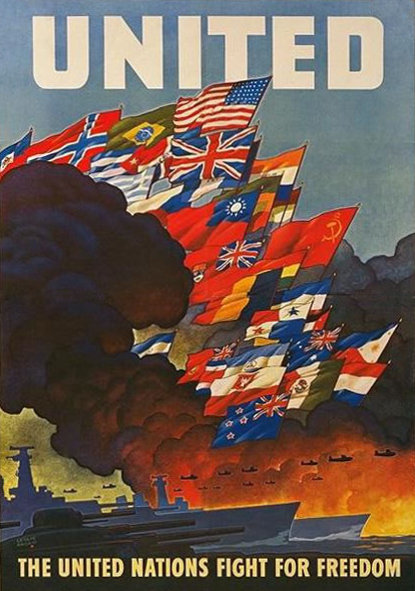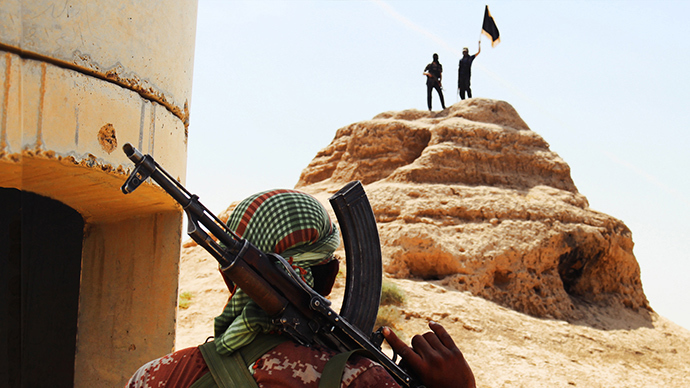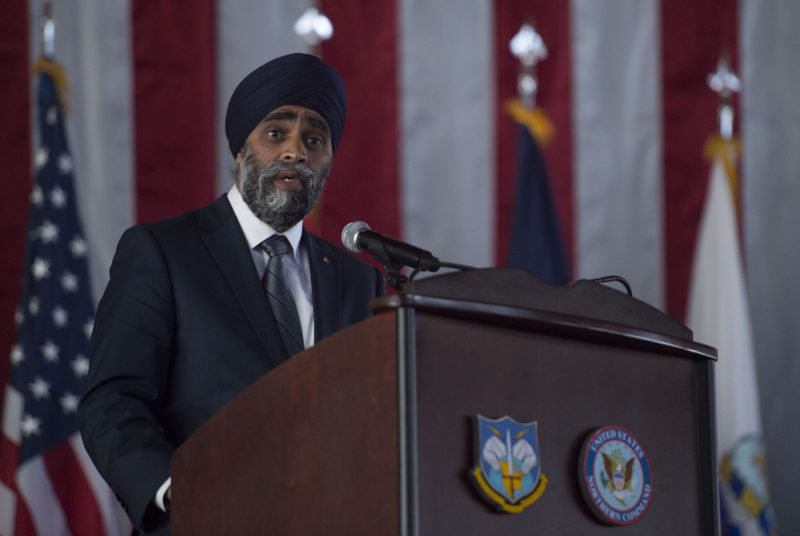With the recent events in Syria and Iraq, the indefinite migrant crisis, and ongoing conflicts around the world, the issue of intervention, when to intervene and who should intervene, has become crucially important to international security.
Since the creation of the UN, the maintenance of peace and security among member states has been central to the organization’s foundational goals in the UN Charter. Specifically, Chapter 7 provides for broad powers in order to ensure this peace and security through intervention and use of force.
Article 2 of Chapter 1 outlines the prohibition of unilateral use of force by states. However, the articles of Chapter 7 allow for intervention to maintain peace and security. Article 39 of Chapter 7 outlines the UN’s power to determine the existence, or non-existence, of threats and acts of aggressions between states, but not within states, and “shall make recommendations, or decide what measures shall be taken in accordance with Articles 41 and 42, to maintain or restore international peace and security.”
Articles 41 and 42 of Chapter 7 outline the non-exhaustive types of reactions, including economic sanctions and military force, which can be used to intervene in these security threats. These articles maintain that the UN may intervene, however, it is under no obligation to do so.
Article 51 of Chapter 7 defines the exceptions to Article 2’s prohibition of any use of force, specifically that of self-defense and collective self defense for the maintenance of international peace and security. These exceptions essentially allow states to react and intervene without breaking and violating Article 2, in the absence of actions by the Security Council.
“Nothing in the present Charter shall impair the inherent right of individual or collective self-defense if an armed attack occurs against a Member of the United Nations, until the Security Council has taken measures necessary to maintain international peace and security. Measures taken by Members in the exercise of this right of self-defense shall be immediately reported to the Security Council and shall not in any way affect the authority and responsibility of the Security Council under the present Charter to take at any time such action as it deems necessary in order to maintain or restore international peace and security.”
Chapter 7 (Articles 39-51) of the UN Charter has been invoked in the following UN Security Council Resolutions (SCR):
- UN SC Resolution 1272, establishment of UN responsibility for the administration of the territory of East Timor in 1999 until independence in 2002
- UN SC Resolution 1267, sanctions on Afghanistan in 1999
- UN SC Resolution 872, peacekeeping mission in Rwanda in 1993
- UN SC Resolution 819, creation of a “safe area” at Srebrenica Yugoslavia in 1993
- UN SC Resolution 794, peacekeeping mission in Somalia in 1992
- UN SC Resolution 696, first of four peacekeeping mission in Angola in 1991
- UN SC Resolution 678, military intervention in Iraq in 1990
- UN SC Resolution 84, military intervention in Korea in 1950
- UN SC Resolution 1279, peacekeeping mission in DRC in 1999
- UN SC Resolution 1279, peacekeeping mission in Sierra Leone in 1999
- UN SC Resolution 1441, military intervention in Iraq in 2002
- UN SC Resolution 1944, peacekeeping mission in Haiti in 2010
- UN SC Resolution 1973, military intervention in Libya in 2011
Several issues have arisen from the invocation of Chapter 7, specifically that of its inconsistent use, which has led to accusations of abuse and misuse of Chapter 7 by the UN, the Security Council, and its member states. This inconsistency can be attributed to the changing international political dynamic over the last half-century, as well as the shifting distribution of power within the international security environment. Similarly, the veto power wielded by the UN SC and its permanent member states allows for narrow self-interests and biases to take precedence over international security.
These issues are evident in UN SCR 84 in Korea, UN SCR 678 in the Gulf, and UN SCR 1441 in Iraq, which will be discussed and compared further in the following article.




